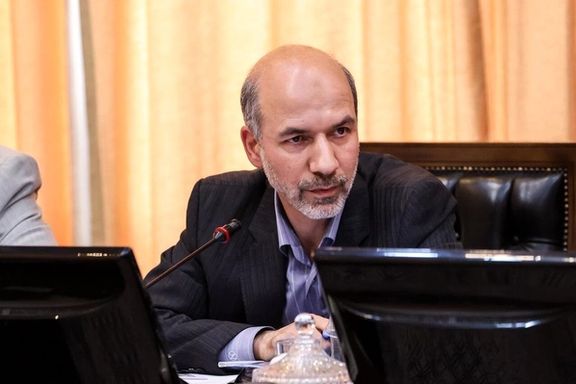Iran Repeats Threats Against Taliban Over Water

Iran’s energy minister says Tehran will not compromise the rights of the nation regarding its water share from the Hirmand River as it battles with the Taliban.

Iran’s energy minister says Tehran will not compromise the rights of the nation regarding its water share from the Hirmand River as it battles with the Taliban.
As the Taliban continues to ignore the threats by the regime and its military authorities regarding Iran's water share, Energy Minister Ali Akbar Mehrabian once more upped the ante against the militant group on Saturday.
"Despite the fact that our water share has not been given, we are taking necessary measures to supply water to the people," he threatened.
Flowing 700 miles, the river - which is called Helmand on the Afghan side - enters Iran's Hamoun wetlands in the Sistan-Baluchestan province after originating in the Hindu Kush Mountains near Kabul. Lake Hamoun used to be one of the world's largest wetlands, straddling 4,000 square kilometres between Iran and Afghanistan.
The river, which both Afghanistan and Iran depend on for agriculture and drinking water, has been the biggest source of tension for years.
Over the years, Iran has accused Afghanistan of restricting the flow of water from the river by building dams over it, a charge that Afghan authorities deny.
This comes as in the past few days, numerous reports have been published about water shortages in different regions of Iran, especially the Sistan and Baluchestan province.
Alireza Ghasemi, the CEO of Sistan and Baluchestan Province Water and Sewerage Company, told IRNA state news agency that the province is facing a water shortage of about 65 million cubic meters per year and all the cities of the province are suffering from water scarcity.
Iran's share from Helmand is 12 times the figure, which the Taliban refuses to give despite threats by Iran.